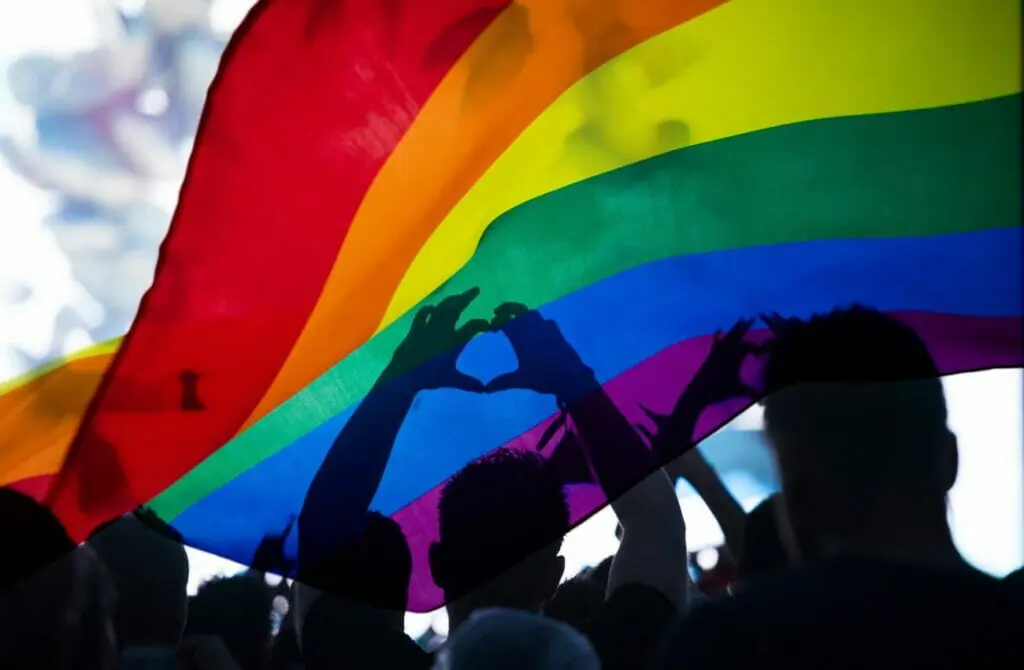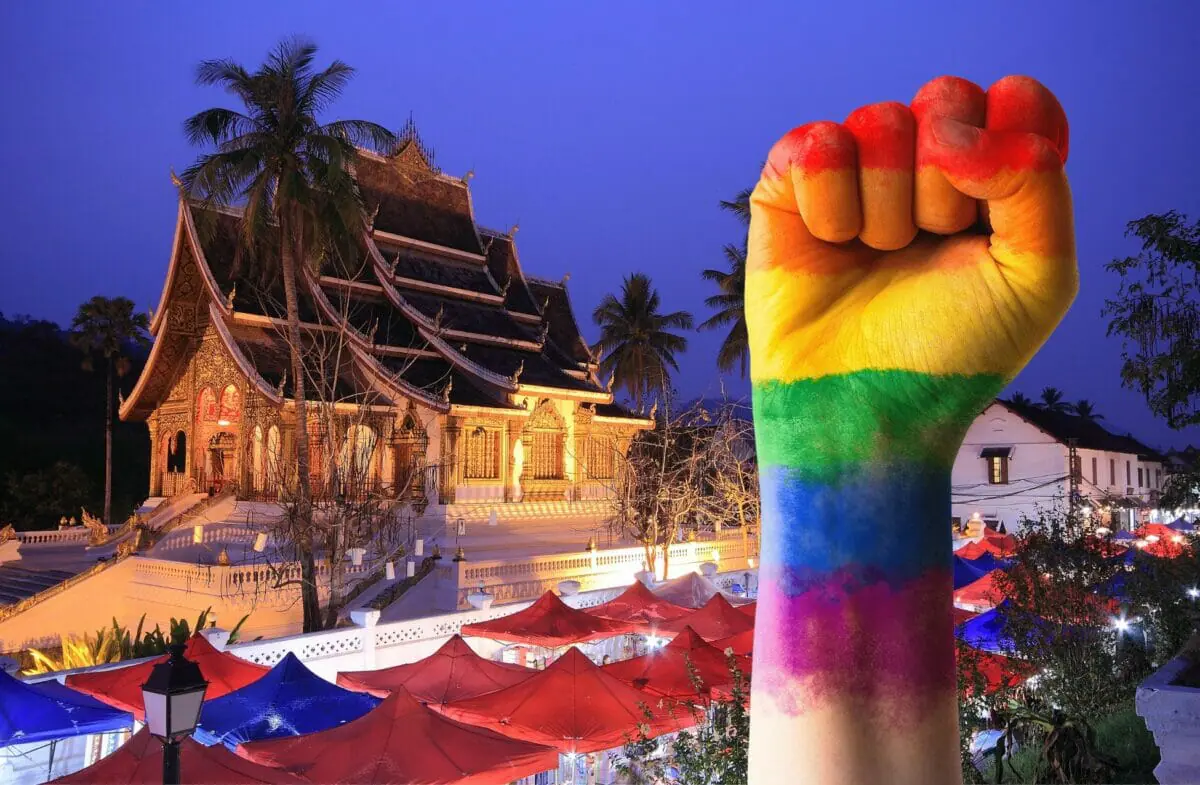LGBT rights in Laos have long been a topic of interest as the country navigates its complex cultural and political landscape. While homosexuality is legal, the nation offers no anti-discrimination protections for LGBT individuals. Moreover, Laos does not recognize same-sex marriage or civil unions, leaving those in same-sex relationships without legal rights afforded to opposite-sex couples. It’s important to note that this context may affect local people and tourists differently.
For locals, they may face more challenges due to the conservative nature of Lao society. Though the country is reported to be quite tolerant, discrimination still exists. As a visitor, you will likely find that the Lao people tend to be warm and welcoming towards all travelers, including the LGBTQ+ community.
However, it’s crucial to understand that the situation may change rapidly, and always remain vigilant while traveling. Seek up-to-date information and guidance before embarking on your journey to ensure a safe and enjoyable experience.
To safeguard yourself as an LGBTQ+ traveler in Laos, be cautious and respect the local customs and sensitivities. While the country may generally be tolerant, it’s essential to remember that not all individuals will share this mindset. By staying informed, respectful, and vigilant, you can contribute positively to the evolving understanding and acceptance of LGBTQ+ rights in Laos.
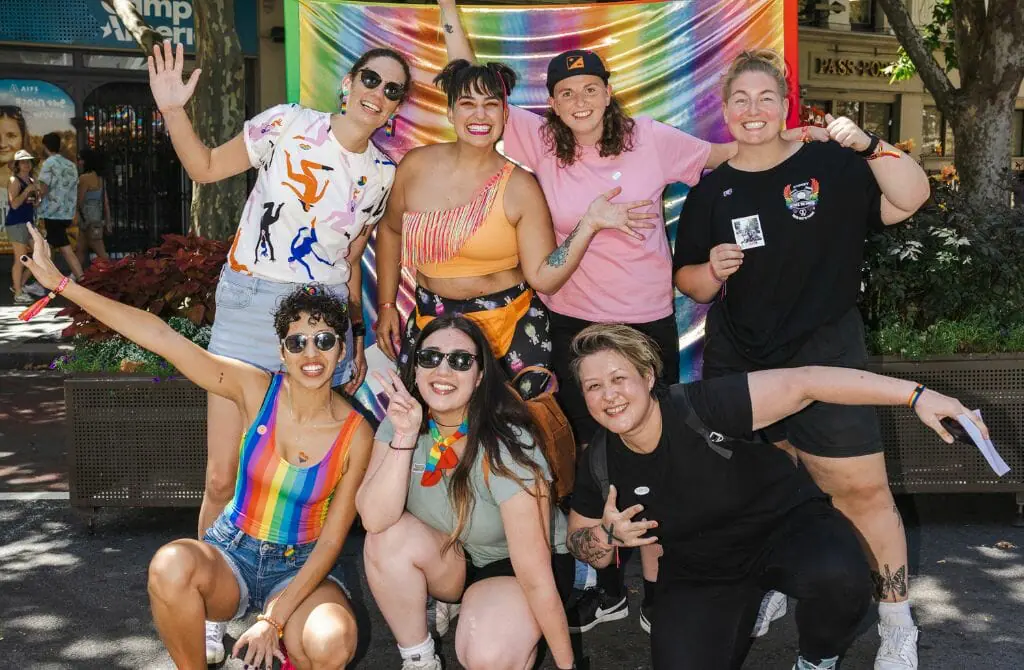
History Of LGBT Rights In Laos
In Laos, the rights and acceptance of the LGBT community have slowly progressed over time. Although Laos is the least-developed country in Southeast Asia, it is one of the more tolerant communist states, with a growing acceptance of homosexuality. LGBT life in Laos has been described as “invisible,” though it has gained increased visibility in recent years. Proud to Be Us Laos (PTBUL) is one of the first and only LGBT rights organizations in the country, working to create a supportive environment for the community.
Comparing Laos with nearby Myanmar and Thailand, we observe distinct differences in the LGBT landscape. In Myanmar, LGBT individuals face significant legal and societal challenges, with same-sex relations still criminalized, leading to a less open environment for the community. On the other hand, Thailand is known for its more liberal attitude towards the LGBT community, with a vibrant and visible LGBT culture, although legal protections and rights such as same-sex marriage are still lacking. This comparison underlines the diversity in the approach towards LGBT rights in Southeast Asia, with Laos positioned between the restrictive environment of Myanmar and the more open, yet legally limited, setting of Thailand.
When it comes to how LGBT rights in Laos affect local people versus tourists, the situation is complex. Homosexuality is legal in Laos, but there are no specific legal protections against discrimination and same-sex marriages are not recognized. While locals may face societal discrimination, tourists, in general, are less likely to encounter such challenges. However, it is essential for travelers to be aware of the local customs, laws, and attitudes and to respect the country’s cultural context.
To ensure a safe and enjoyable trip, tourists should take certain precautions. First and foremost, it is crucial to always remain vigilant and be aware of your surroundings. Keep in mind that, while the overall situation regarding LGBT rights in Laos might be better than in many other countries, there can always be individuals who hold hostile attitudes.
As situations can change rapidly and information can become outdated, it is essential to seek current advice before traveling to Laos. Local LGBT organizations and international support groups can provide up-to-date information on the situation in the country. Additionally, it is advisable to connect with fellow travelers and locals to understand the current climate and level of acceptance.
By staying informed, taking necessary precautions, and respecting local customs, LGBT travelers can have a safe and enjoyable experience in Laos.
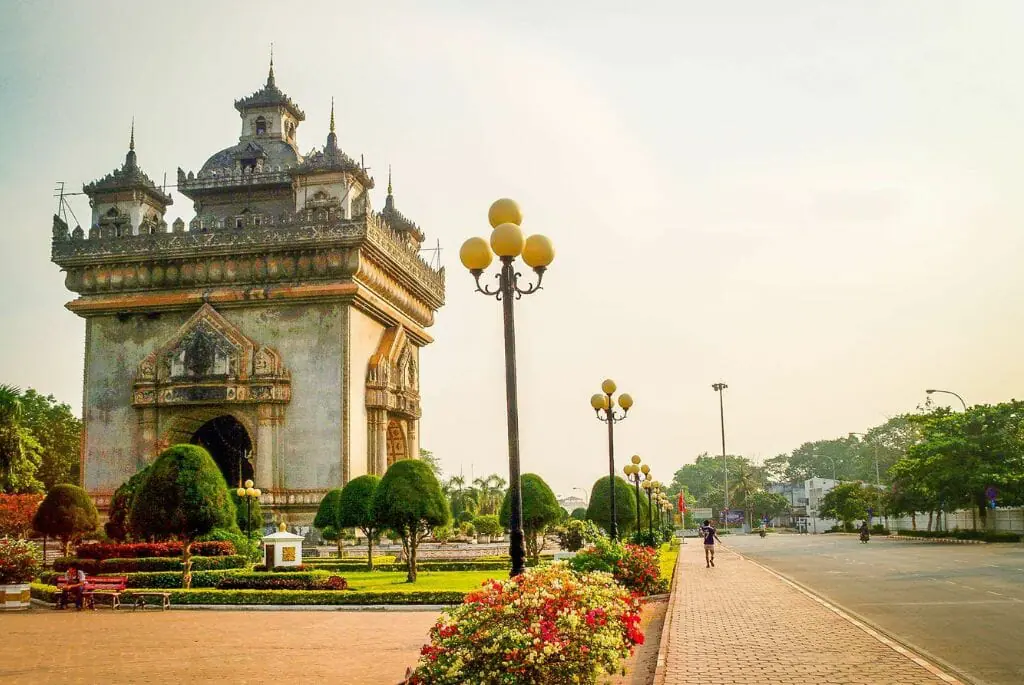
The Current Situation In Laos
LGBT rights in Laos have seen some improvement in recent years, with increased visibility and the emergence of LGBTI rights organizations like Proud to Be Us Laos (PTBUL). However, the country still lacks legal protections and recognition for the LGBT community. Homosexuality is legal, but there is no recognition of same-sex marriage and no legal protections against discrimination in employment or housing. Changing one’s gender is allowed but requires surgery, and non-binary gender recognition is not legally recognized.
For locals, societal discrimination based on sexual orientation and against persons with HIV/AIDS is prevalent, making the LGBT life in Laos somewhat “invisible.” This invisibility may affect the daily lives and mental well-being of LGBT individuals, limiting their access to support and resources from society.
For tourists, Laos may seem more accepting and open to LGBT travelers. However, the rights and protections mentioned for locals also apply to tourists, so you should remain cautious and vigilant during your stay. As a tourist, you should respect the local customs, avoid public displays of affection, and be mindful of personal safety.
To protect yourself while traveling, you should research your destination, understand local laws and customs, and take all necessary precautions. Also, remaining connected with the local LGBT community or support organizations such as (PTBUL) could provide additional safety and knowledge about on-the-ground situations.
Please be aware that the situation for LGBT rights in Laos can change quickly, and information may become outdated. Always seek updated and current advice before traveling, and remain vigilant as there are bad actors in every country.


The Future For The Queer Community In Laos
As Laos continues to progress in terms of LGBT rights, there is increasing visibility and support for the LGBT community. However, it is important to distinguish how these rights affect local people versus tourists visiting the country. While tourists may experience more tolerance, it is essential to keep in mind cultural differences and exercise respect for local customs and laws.
For LGBT locals, visibility and support are gradually improving. Pioneers like Anan Bouapha have given young people the opportunity to be themselves by fighting for improved rights and support within the Lao LGBT community. Organizations like Proud to Be Us Laos (PTBUL) are working to provide education and awareness about sexual and reproductive health and LGBT rights in the country.
If you are an LGBT tourist visiting Laos, there are steps you can take to protect yourself and enjoy your trip. Firstly, always research current information and seek updated advice on LGBT rights and issues in the country, as situations can change rapidly. Secondly, exercise caution and be aware of your surroundings, as there may be bad actors present in any country. Finally, while in Laos, respect and observe local customs and laws to avoid any misunderstandings or legal issues.
In conclusion, the future of LGBT rights in Laos is gradually improving, with increased visibility and support from both locals and tourists. It is critical to remain vigilant, as situations can change, and always seek current advice before traveling. This will help ensure a safe and enjoyable visit to Laos for all.
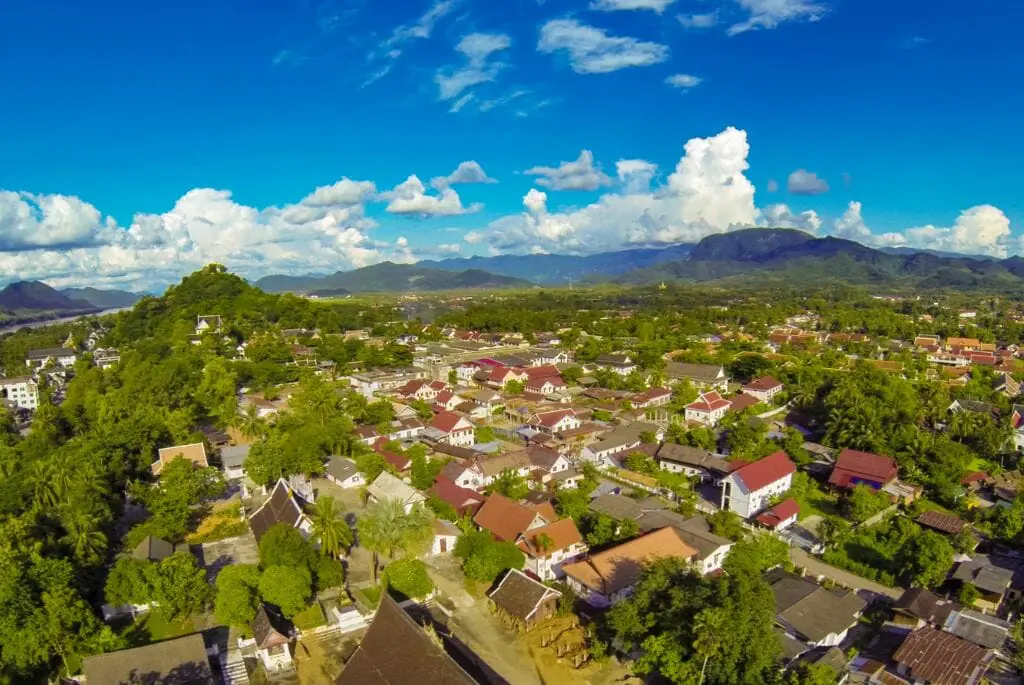
Protect Yourself While Travelling In Gay Laos
While LGBT rights in Laos have some limitations, especially for local people, tourists generally face fewer challenges. However, it is essential for visitors to remain vigilant and take necessary measures to protect themselves during their stay in the country.
As a tourist, it’s essential to respect local customs and cultural norms. This means avoiding public displays of affection and dressing conservatively. Although homosexuality is legal in Laos, there are no legal protections against discrimination on the grounds of sexual orientation or gender identity. Therefore, it’s wise to be cautious and discreet about revealing one’s LGBT status, especially in rural areas where conservative attitudes may be more prevalent.
It’s essential for LGBT travelers to stay informed and regularly check for updates on the local situation and any potential changes in LGBT rights in Laos. Situations can change rapidly, and information may become out of date; therefore, consulting reliable sources like travel advisories or local LGBT organizations, such as Proud to Be Us Laos (PTBUL), can provide valuable insight into the safety and comfort of the local environment.
When venturing out, be aware of the nationwide midnight curfew for all businesses and plan your evening activities accordingly. Finding accommodations that respect and accept LGBT guests is crucial for a comfortable and secure stay. Booking through reputable platforms or seeking recommendations from local LGBT organizations can help ensure a welcoming environment.
Lastly, it’s important to remain vigilant at all times, as bad actors can exist in any country. Making connections with local LGBT individuals and communities can provide additional support and safety during your visit. Keep in mind that while tourists may enjoy some liberties, they must still exercise caution and respect for the broader context of LGBT rights in Laos.
